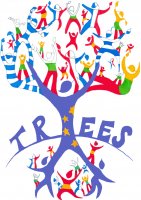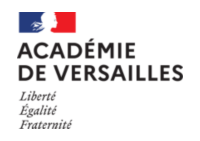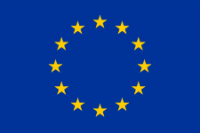Fighting against early school leaving (E.S.L.) and pupils’ disengagement is nowadays a primary concern for all actors from civil society involved with education : teachers, parents, government officials … and has been for many years officially acknowledged by the European Commission as such in its reports and targets. Schools around the world and more precisely in Europe have been trying to find specific solutions to this issue on their own or by following their ministry’s policies.
Everyone who is involved in the T.R.E.E.S project (Together to Reach Efficient and Encouraging Schools) share the conviction that though it can be interesting for a school to experiment in-house initiative, it is far from being satisfactory. International cooperation is necessary to exchange best practices and knowledge on effective ways to prevent ESL and promote educational success.
What this project has to offer is to precisely expand the scope of thought and develop actions following three main axes :
– placing students at the heart of this ambitious project : involving them in the organization of the different exchanges and in the accomplishment of various tasks related to the prevention of ESL and the re-engagement of disengaged pupils.
– enabling families, students, teachers and the school staff on the whole to exchange their point of view, their experiences and expertise.
– putting into practice either certain actions that have shown sign of success in one of the member country or certain innovative ideas that will immerge from the different exchange.
This project concerns the students of six secondary schools in six different European countries :
– Bulgaria
– Spain
– France
– Greece
– Lithuania
– Poland
The project is designed for a two-year period. We can expect to have over a hundred students directly taking part in the project and about 750 in an indirect way. We can reckon on an average of ten teachers per school to invest in the project, with a total of 60 teachers all together ready to commit themselves to it according to their expertise and abilities.
There will be two alternating periods. On the one hand, students will be productively at work within their own school. They will be asked to fulfill actions such as supplementing the Facebook account, conceiving a poster campaign and creating a story in strip form to raise public awareness of E.S.L issues.
On the other hand international mobilities will be organized each member country. These gatherings are meant to be the highlights of the project. The different actions undertaken in each school will be finalized and shared ; others will be impelled. These meetings will give sense to what team work is all about and will put forth the importance of entrepreneurship.
Progressively the issue on how to overcome school dropout and bring school children to invest in their academics will be considered through various aspects.
What we would like to achieve is to :
– raise student’s awareness to the cumulative process of disengagement and on how to prevent it.
– try out new working or learning methods which could lead to the implementation of innovative educational practices within our partner schools.
– give young people the chance to acquire varied skills which will be useful when they will have to join the labour market such as taking initiatives, making decision, using digital tools, enhancing their European culture and their English fluency.
As for the teachers, because this project will serve as a framework for sharing experience from six different school cultures, they will acquire a better understanding of how the educational system works in the different member countries and of the mechanisms that are inherent to E.S.L..
Thanks to the testimonies, the observations and the experimentation, this project will foster exchange of best practices and educational innovations in regard to preventing school dropout and promoting pupils’ engagement or re-engagement.
It is because this project will create a network of motivated individuals (children, parents, teachers alike …) committed to the fight and ready to take up the challenge, that this project will have a lasting, long term existence. The final goal is to develop educational tools and to implement more efficient educational measures in each partner school.
Moreover, other schools that could be interested in the results of our joint actions put online will have the possibility to use or be inspired by these educational tools and measures.
We want this project to have a concrete outcome as to changing teachers’ practice by giving access to and supporting new teaching methods as well as to to prevent E.S.L. and promote educational success.


